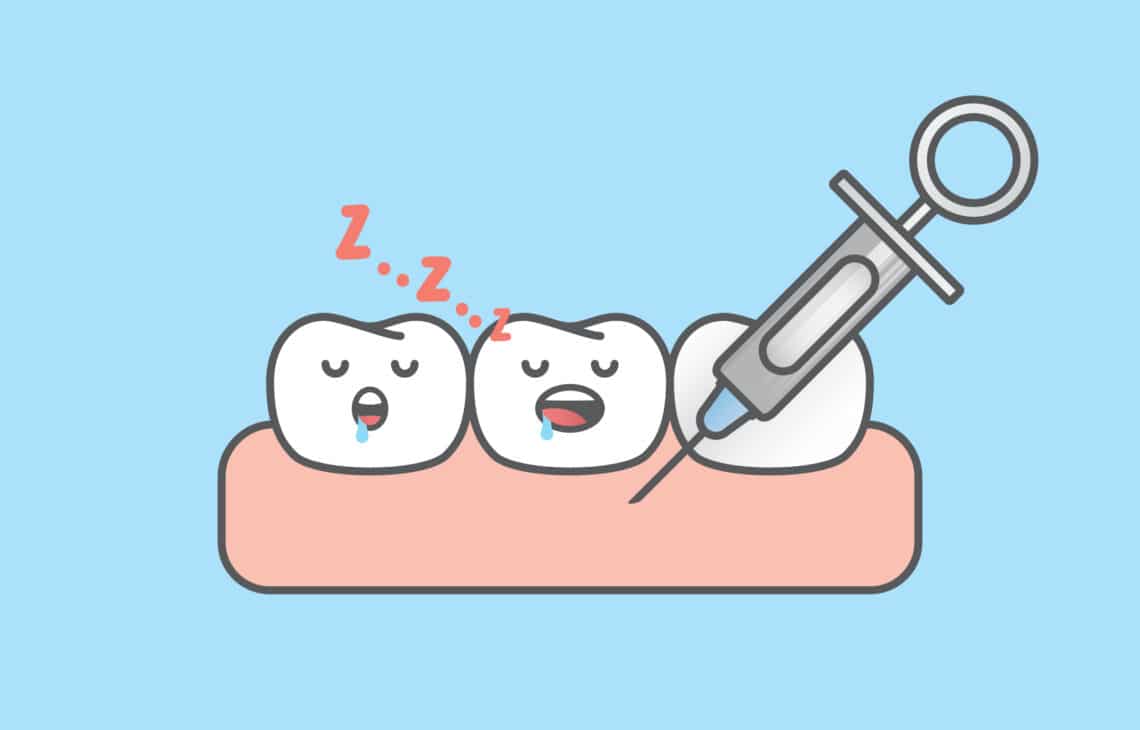
Oral surgery is usually a very intense process that can take hours and require extensive, invasive work in the mouth.
However, not all oral surgeries are created equal, which means that some may be less invasive and less painful, giving patients an opportunity to avoid sedation beyond local anesthetic. Others may ultimately require full sedation in which the patient “goes to sleep” for the duration of the surgery.
Each person is different. For more information on what anesthesia options you have for your oral surgery, contact Dison Family Dentistry for more information.
Does an Oral Surgeon Put You to Sleep?
It depends on the surgery being done and/or the needs of the patient.
For example, if the surgery will be relatively simple or short but painful, the oral surgeon may provide a sedative to the patient in the form of a pill that makes the patient drowsy but does not put them to sleep.
Another common option that allows for continued consciousness but protects against the experience of intense pain is nitrous oxide (also known as laughing gas).
If the surgery is more intense or if the patient has very high anxiety that is not successfully managed by the sedative pill, it may be necessary to put the patient under during the surgery, using either intravenous sedation or general anesthesia.
What Do Oral Surgeons Use to Put You to Sleep?
In the dental office or another appropriate medical setting, intravenous sedation may be used. Most patients will fall asleep while receiving IV sedation, but it is technically considered to be deep conscious sedation.
Throughout the process, heart rate and blood pressure as well as oxygen levels are monitored. Levels of medication can be adjusted, or reversal medications can be given if needed.
General anesthesia can only be given in a hospital setting or a surgery center, so it is extremely rare. In most cases, it is only given to very young children or people with special needs who cannot stay still or otherwise tolerate an oral surgery.
Tips for Managing Oral Surgery & Any Type of Sedation
- Make sure you are completely honest with your doctor about all medical conditions, mental health issues, and medications and supplements you are taking well before the day of the surgery. In some cases, you may need to stop taking certain medications or supplements in advance.
- Ask your doctor any questions you have in the appointments leading up to your surgery, so you feel comfortable with what to expect on the day of the surgery.
- Make sure you have someone available to drive you home after the surgery. It can take time for the sedatives to fully leave your system.
Get the support you need and the answers to your questions when you contact Dison Family Dentistry to manage your dental and oral surgery needs.
